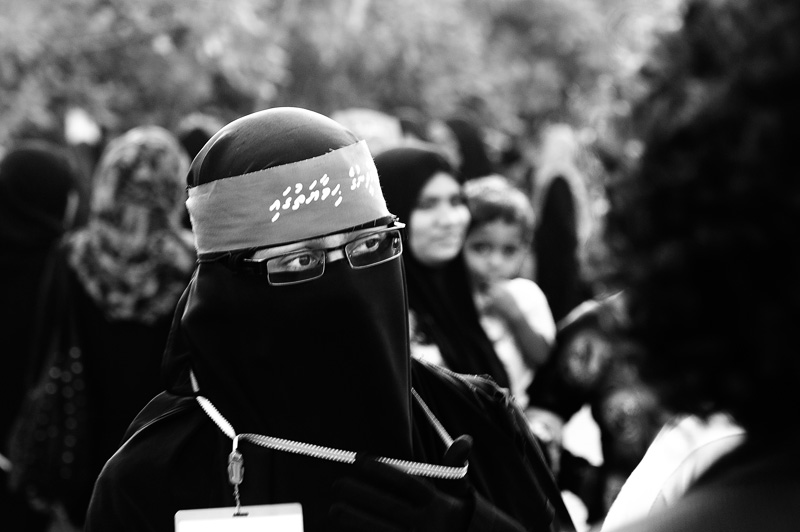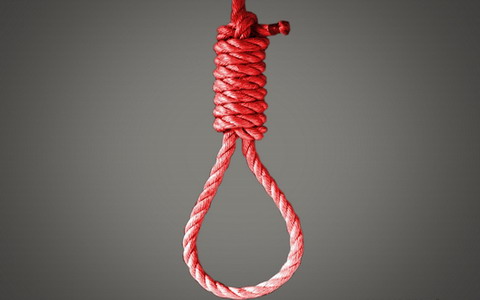Arab Spring, Authoritarian Winter
By Mushfique Mohamed
Democratic aspirations of many countries around the world rising against authoritarian regimes early last year was a development many thought would bring progressive change to the political systems in those countries.
It came to fruition with the voice of the youth; educated young individuals affronted by the meager job opportunities and other socio-economic inequalities permeated by the oligarchic superstructure entrenched in these countries. This was the true spirit of what came to be known as the Arab Spring.
The scattered archipelago of the Maldives in South Asia, with its coastlines in the Arabian Sea, had the first ever peaceful transition to democracy by a Muslim majority country in August 2008. It was a precursor to the events in the Middle East last year. A year later, however, the events in Egypt, Syria, Libya and Tunisia, no longer resonate with the ambitions of the resistance movements seen throughout the Middle East last spring.
In Egypt, former autocratic ruler Hosni Mubarak—who first came to power three years after Maumoon Abdul Gayoom did in the Maldives—was deposed with a popular uprising backed by the military. It was an event unfathomable to many, even in the most well-informed US diplomatic circles.
Although defiant developments, these ‘Black Swan’ moments of history (as coined by Lebanese-American scholar Nassim Nicholas Taleb) have proven more beneficial for Islamists and the elite than for the young liberal movement with its political and economic grievances that initiated, organised and executed the revolts.


